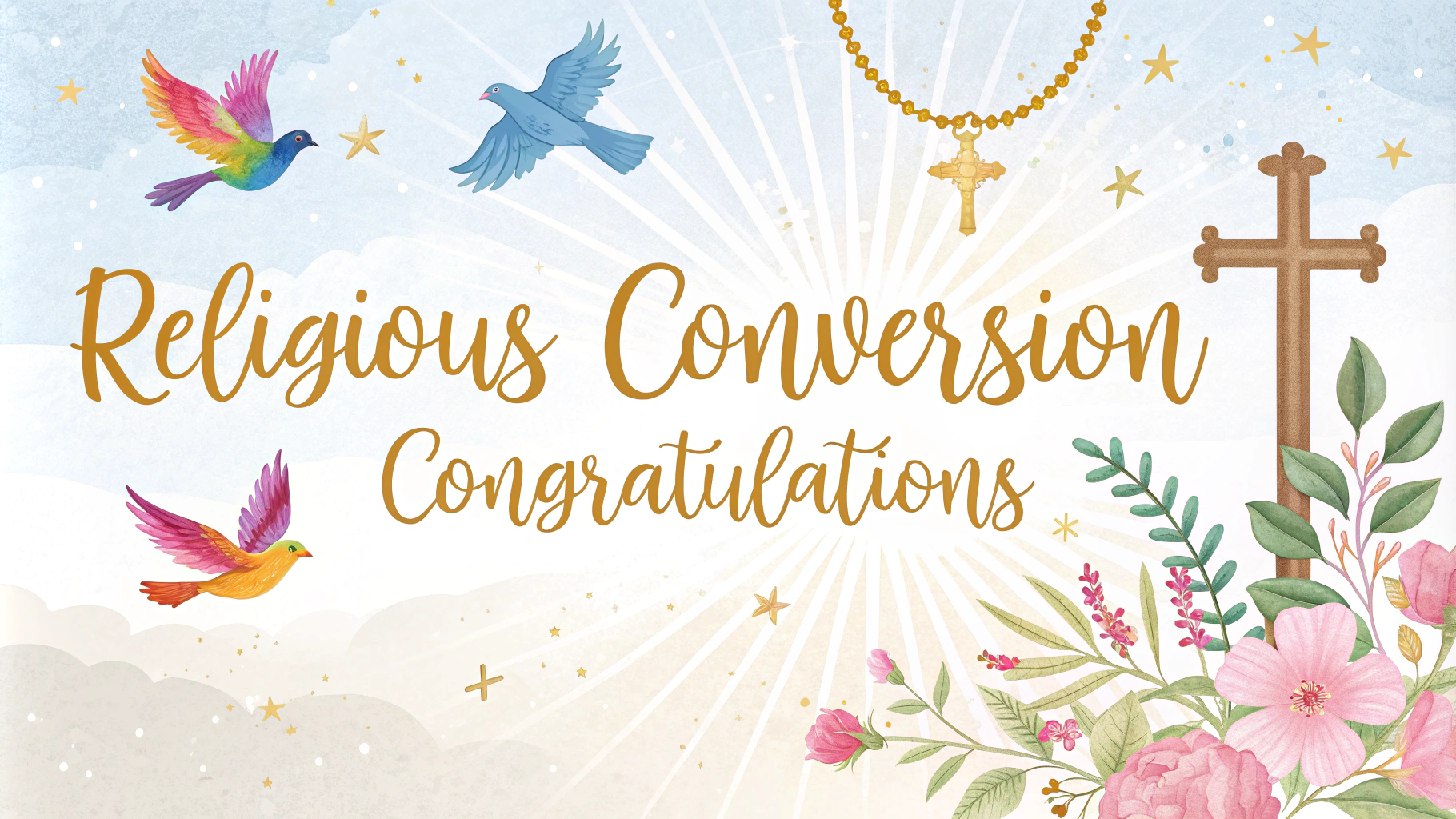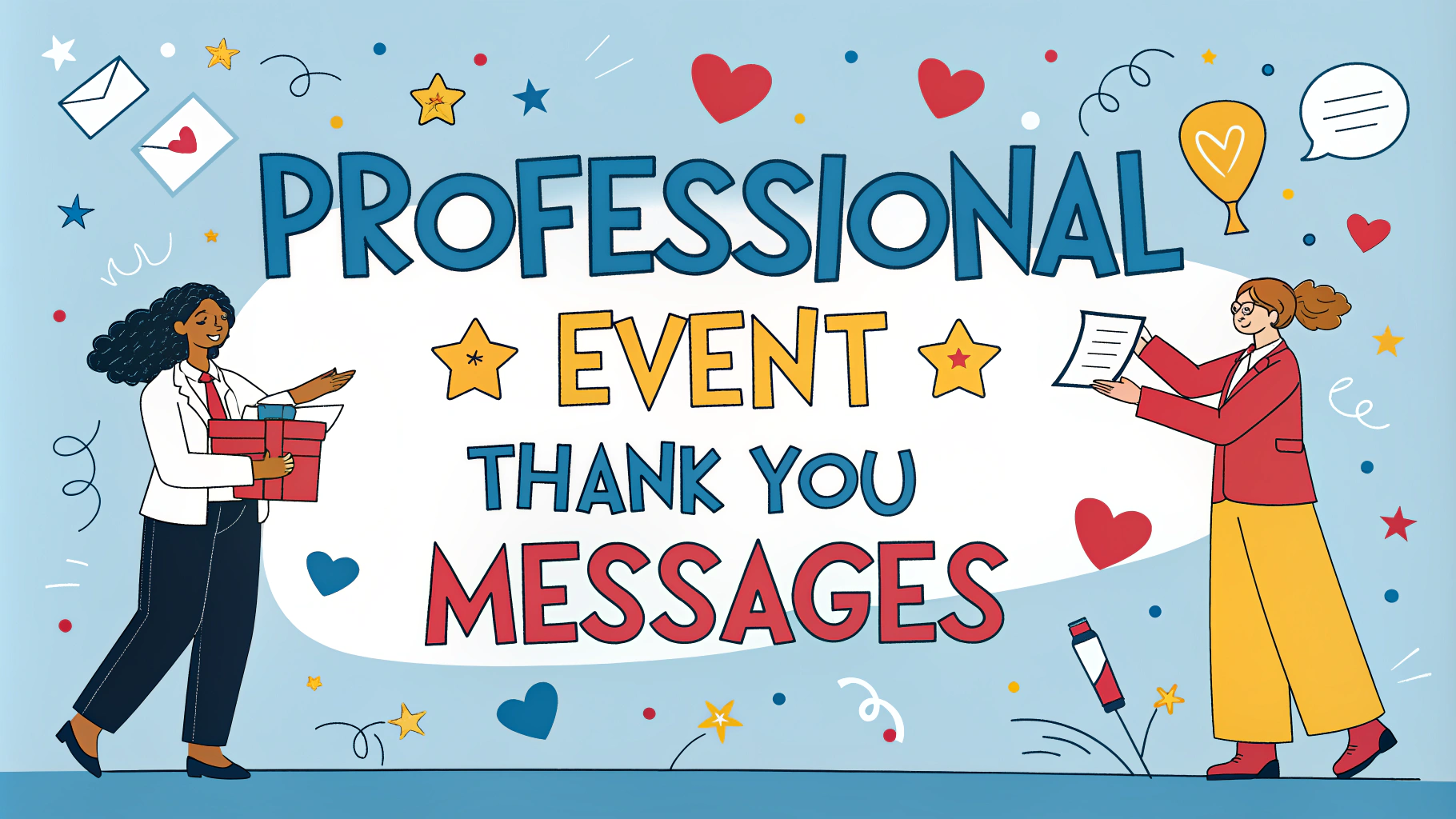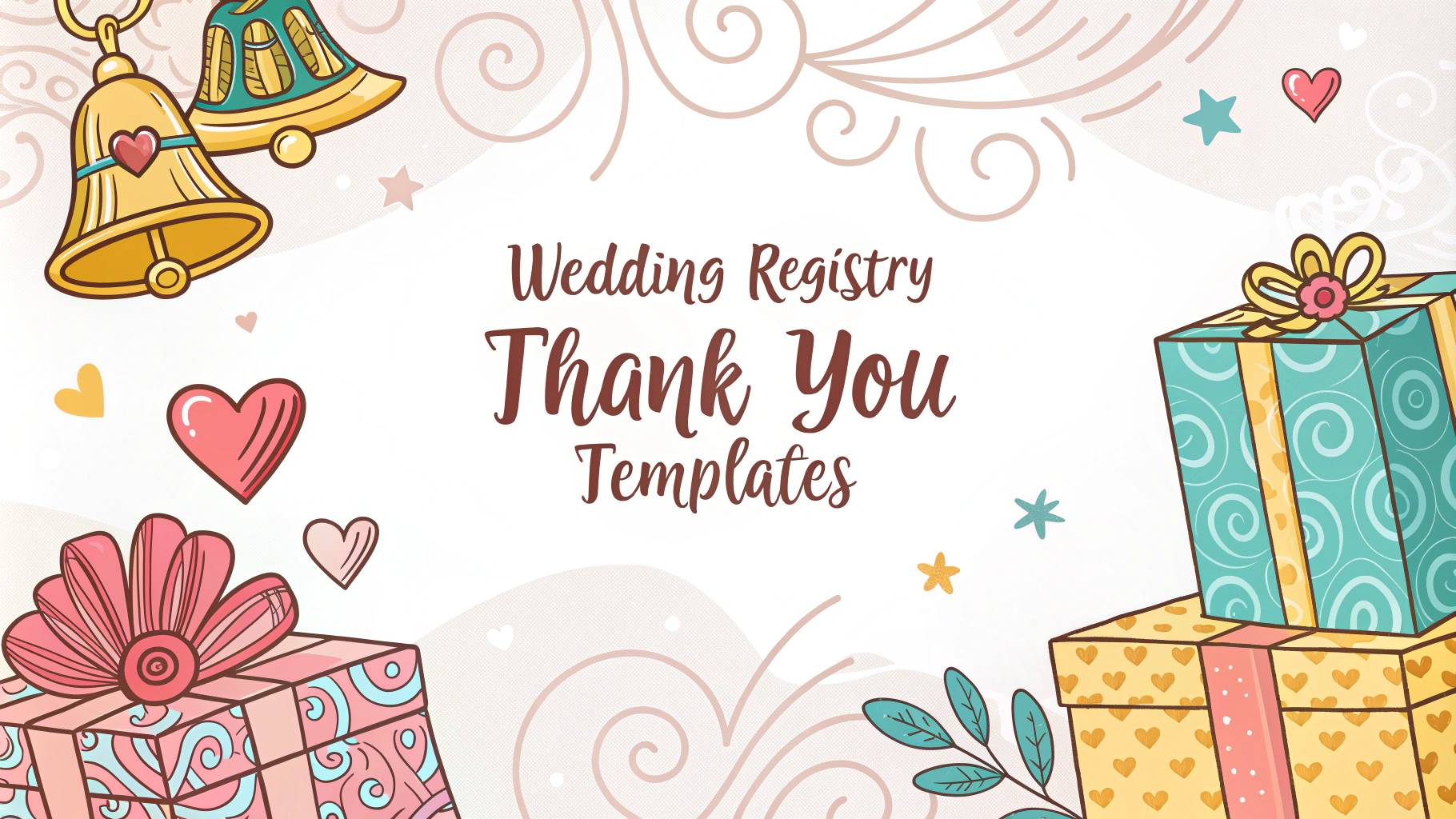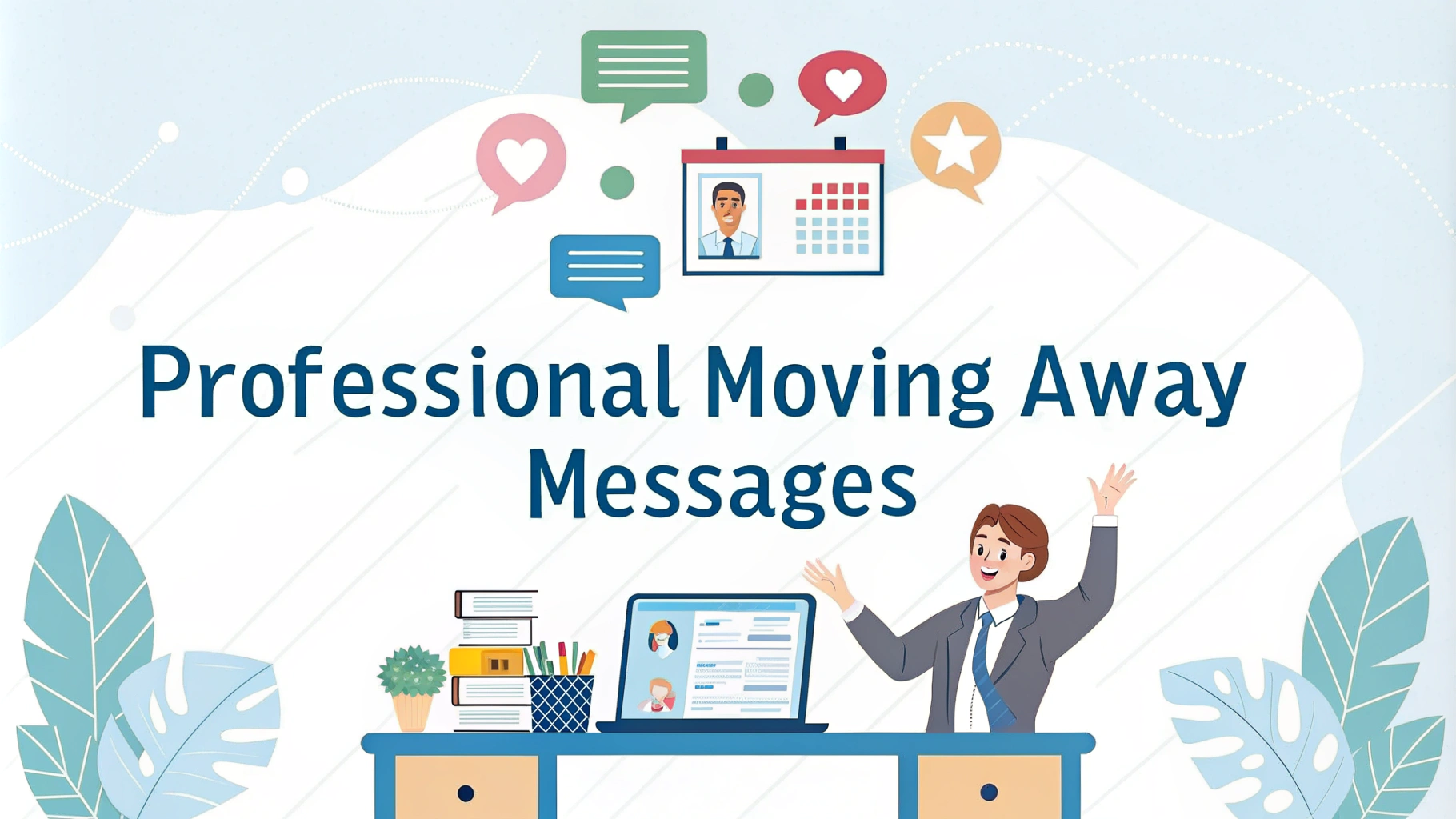Planning thoughtful retirement messages shows appreciation for a colleague’s career and contributions.
Professional Messages for Retirement Cards
- “Your dedication has inspired us all. Wishing you a wonderful retirement filled with new adventures.”
- “Thank you for being an amazing mentor and colleague. Enjoy this well-deserved new chapter.”
- “Your expertise and friendship made work better for all of us. Happy retirement!”
- “Congratulations on your retirement – your positive impact will be remembered.”
Personal Yet Professional Retirement Wishes
Strike a balance between warmth and professionalism when writing retirement messages.
Key Elements of a Great Retirement Message:
- Acknowledge their specific contributions
- Share a brief memory or highlight
- Express genuine gratitude
- Add good wishes for the future
Messages for Different Professional Relationships
| Relationship | Message Style |
|---|---|
| Boss/Manager | “Your leadership has shaped our success. Thank you for your guidance.” |
| Colleague | “Working alongside you has been a pleasure. Keep in touch!” |
| Employee | “Your contributions have made a lasting impact on our team.” |
Writing Tips for Retirement Messages
- Be specific: Reference actual achievements or memories
- Stay positive: Focus on future opportunities
- Keep it brief: Write concise, meaningful messages
- Add personality: Include appropriate humor or shared experiences
Group Message Ideas
Coordinate with colleagues to create a collection of messages in a shared card or memory book.
Sample Group Message Format:
- “From all of us in [Department], thank you for [specific contribution]. Your [positive trait] will be missed.”
- “The [Team Name] team wishes you joy and relaxation in your retirement.”
Digital Retirement Wishes
- Email: Perfect for remote teams or large organizations
- LinkedIn: Professional platform for public retirement wishes
- Company intranet: Share messages with the whole organization
Remember to follow any company communication policies when sending retirement messages.
Things to Avoid:
- Comments about age
- Workplace complaints or negative references
- Overly personal information
- Jokes about sensitive topics
Cultural Considerations for Retirement Messages
Different cultures may have varying approaches to retirement celebrations and messages. Consider cultural norms and preferences when crafting your message.
- Research cultural expectations if unsure
- Respect religious or cultural traditions
- Consider appropriate formality levels
- Use culturally sensitive language
Timing and Delivery
Plan ahead to ensure your retirement message reaches the recipient at the appropriate time.
Best Practices:
- Submit card contributions before deadline
- Coordinate with HR for official timing
- Consider private vs. public delivery
- Plan for virtual or in-person presentation
Making Your Message Memorable
- Include specific examples of impact
- Share meaningful collaborative moments
- Highlight unique qualities or contributions
- Express sincere appreciation
Conclusion
A thoughtful retirement message celebrates career accomplishments while expressing genuine appreciation for professional relationships. Focus on positive memories, specific contributions, and sincere well-wishes for the future. Whether writing individually or as part of a group, take time to craft a message that honors your colleague’s career journey and retirement milestone.
Message Checklist:
- Personalized content
- Professional tone
- Specific examples
- Future-focused wishes
- Appropriate timing
FAQs
- What are appropriate ways to begin a retirement message for a coworker?
Start with sincere congratulations, followed by acknowledging their years of service and specific contributions to the company. - Should retirement messages be formal or casual in tone?
The tone should match your relationship with the retiree and the company culture – formal for professional relationships, casual for close colleagues. - What personal accomplishments should be mentioned in a retirement message?
Include their career milestones, notable projects, mentorship roles, and positive impact on colleagues and the organization. - Is it appropriate to include humor in retirement messages?
Light humor is acceptable if you have a close relationship with the retiree and are confident it won’t be misinterpreted or cause offense. - What are some common retirement card etiquette mistakes to avoid?
Avoid references to age, health concerns, negative work experiences, or implying the person is “old” or “past their prime.” - How long should a professional retirement message be?
Keep messages concise but meaningful – typically between 3-5 sentences for cards and up to a short paragraph for formal letters. - What are appropriate well-wishes for a retiree’s future?
Express hopes for their health, happiness, new adventures, hobbies, travel plans, and time with family and friends. - Should monetary gifts be mentioned in retirement messages?
If there’s a group gift or monetary presentation, acknowledge it briefly but focus primarily on personal sentiments and well-wishes. - How can you maintain professionalism while expressing emotional sentiments?
Balance heartfelt emotions with professional language, focusing on respect, gratitude, and genuine appreciation for their contributions. - What’s the best way to close a retirement message?
End with forward-looking statements, good wishes for their next chapter, and an invitation to stay in touch if appropriate.







